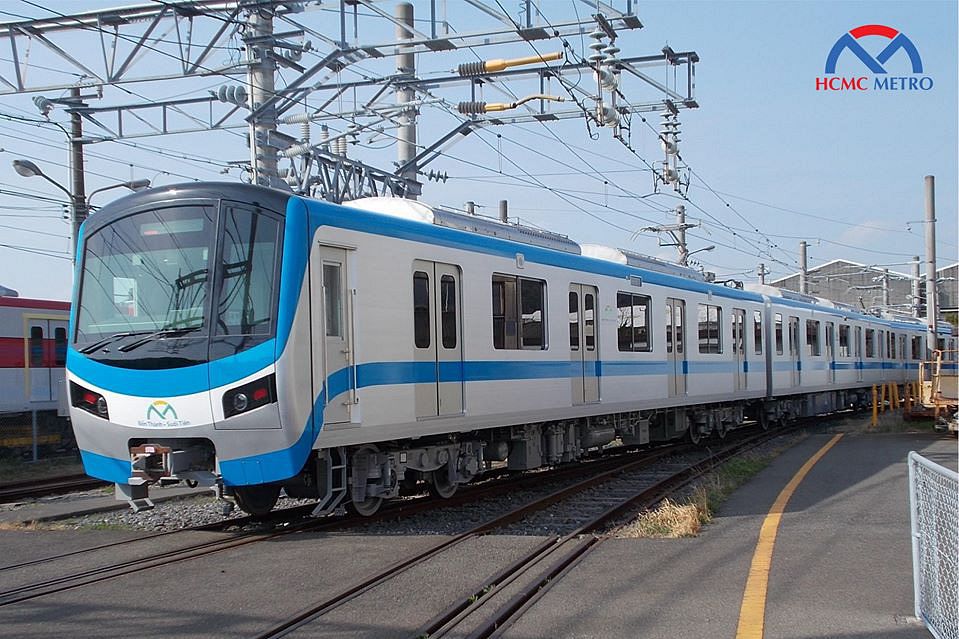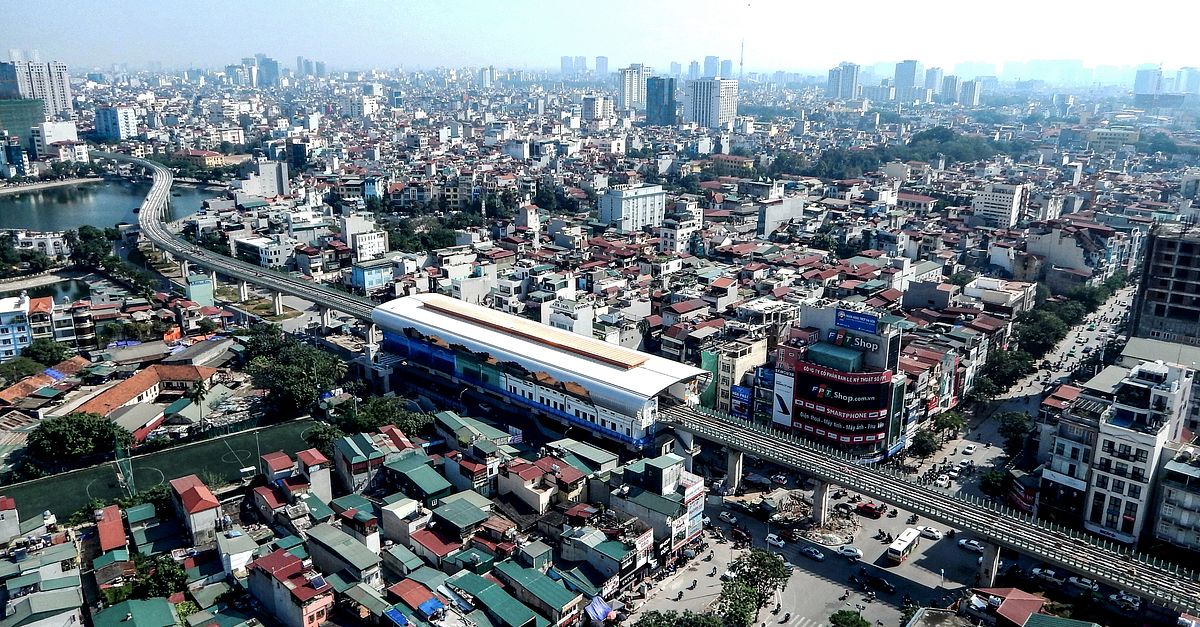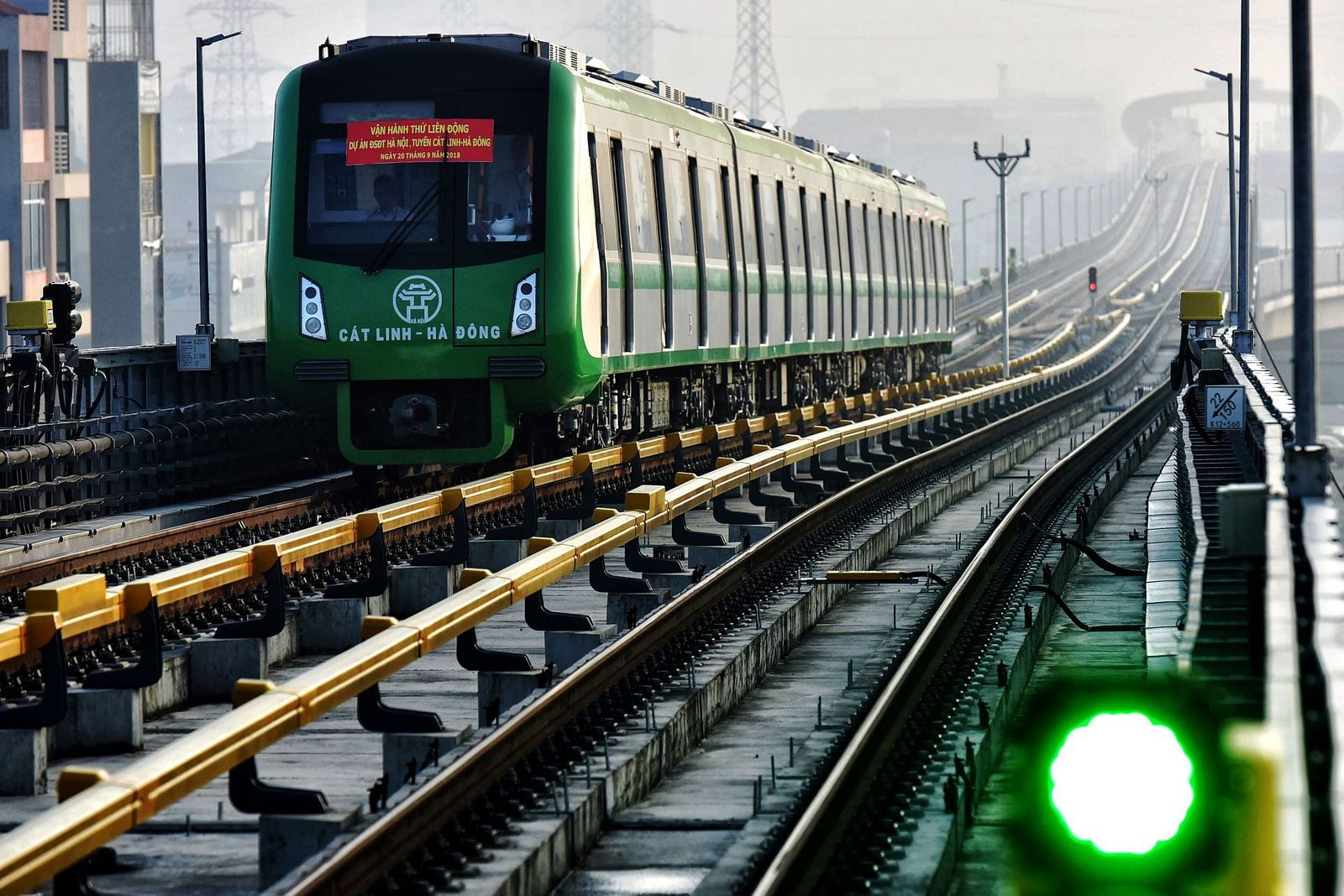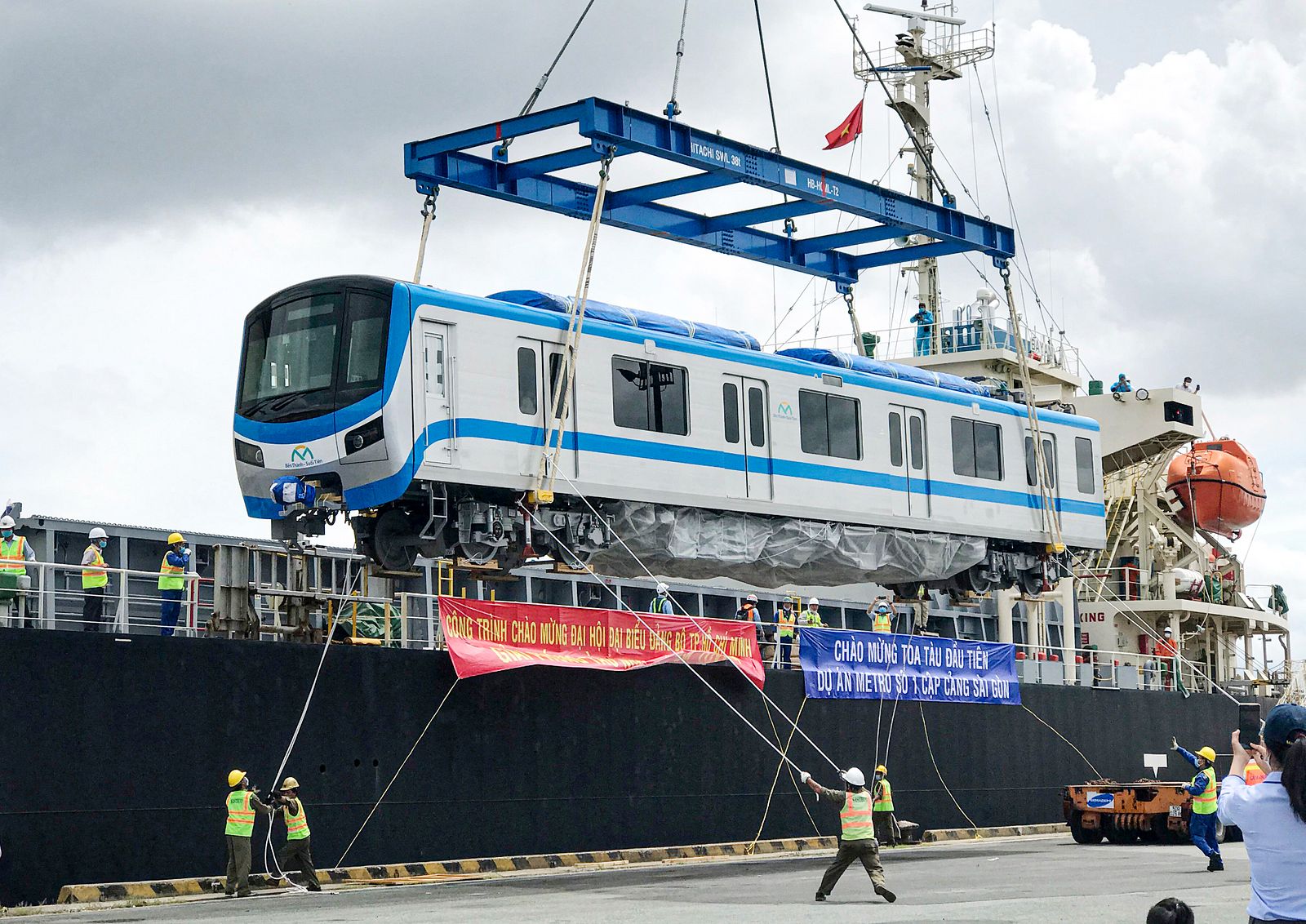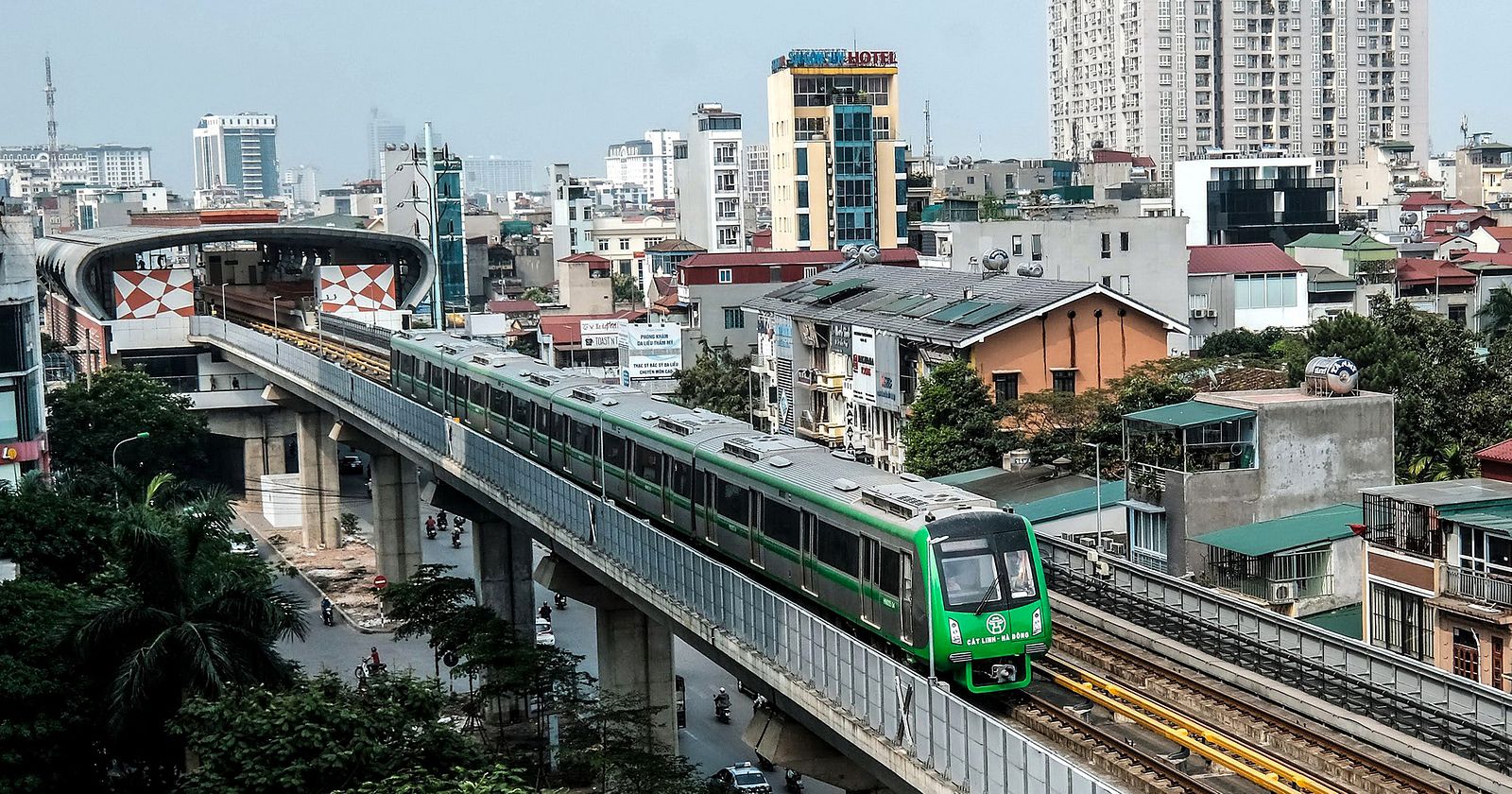Do you plan to use the metro lines in these cities?
SGGP reports that the Japan International Cooperation Agency (JICA) surveyed over 6,000 residents of Saigon and Hanoi since March 2019, and found that commanding majorities of respondents in both cities said they plan to use the Japan-backed metro lines.
In Saigon, 81% replied "yes" to the question "Will you use the Ben Thanh-Suoi Tien metro when it is operated?"
In the capital, 66% of respondents said they would use the Ngoc Hoi-Yen Vien Line (Line 1), while just 30% said they will use the Nam Thang Long-Tran Hung Dao Line (Line 2). Construction hasn't begun on either of these lines, hence the lower figures than the line in Saigon.
JICA found that the most common reasons for not wanting to use these projects were inconvenient routes and a preference for private cars or motorbikes. The agency is supporting the construction of these three lines.
Ken Kumazawa, who led the survey team, told the news source that it won't be easy to convince people in Vietnam to use metro services once they come online given the ubiquity of motorbikes in daily life. However, he said that good service quality and an emphasis on the environmental benefits of mass rail lines would help in the future.
Apart from usage, JICA also assessed how the urban railway lines will impact Hanoi and Saigon's environmental situation. According to Japanese experts, once finished, the metro lines will help both cities cut back on greenhouse gases.
Specifically, the Ben Thanh-Suoi Tien line will reduce the amount of carbon dioxide released in Saigon by as much as 56,778 tons, presumably because people will use the train instead of personal vehicles. The figures are 54,541 tons and 39,614 tons for Line 1 and 2 of Hanoi's urban metro network, respectively.
[Photo via Tuoi Tre]

